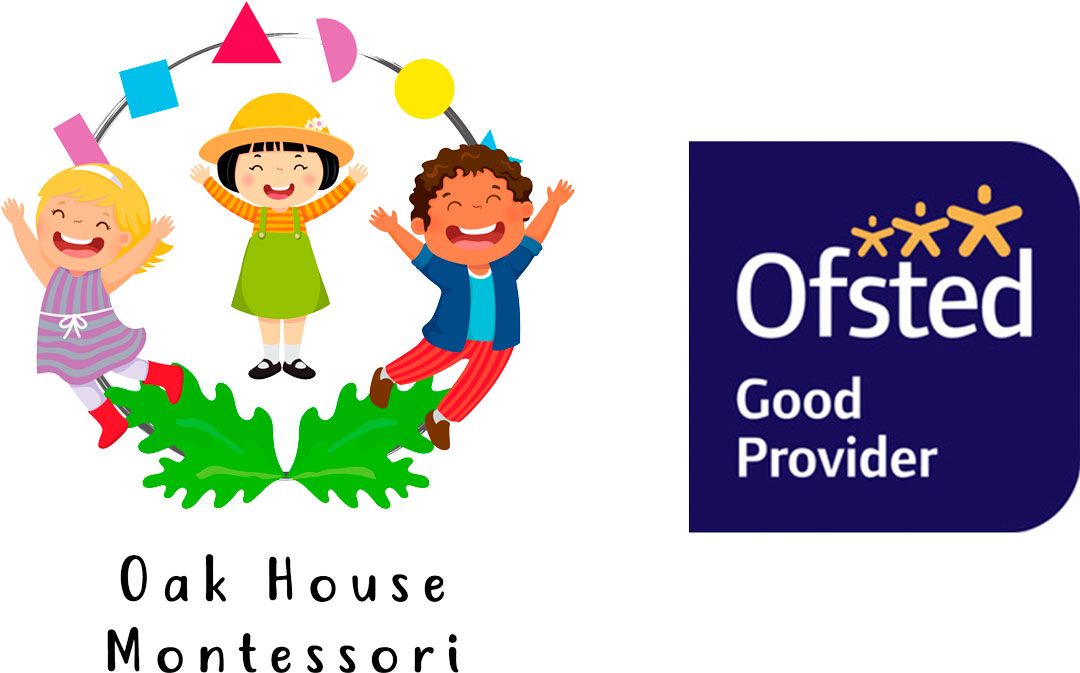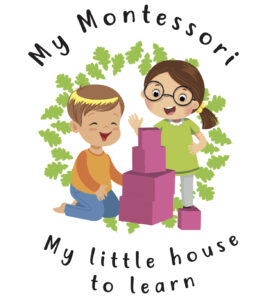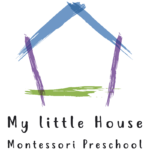Our preschool group is run by fully qualified, experienced staff. They are chosen for their dedication and understanding of this age group and work hard to develop your child’s independence, confidence and knowledge in preparation for their transition into school. This age group will love the new experiences that the nursery has to offer. They are encouraged to explore their surroundings and develop their social interactions through a wide variety of activities. Daily activities are planned weekly using the Early Years Foundation Stage framework to cater for each individual’s needs and interests and to ensure that a broad range of learning opportunities for the development of all areas of learning. Our Preschool staff are always available for advice and support for every step of your child’s developmental journey.
Daily activities are planned weekly using the children’s interests and next steps as a basis, alongside the Montessori ethos, to ensure that a broad range of learning opportunities for the development of all areas of learning.
Activities are set out in an inviting way and children have access to other toys and materials so they can extend their play and develop their interests. Through play your child will be introduced to colours, shapes, sorting, counting and hand control.
The outside area is used as an extension of the inside and many activities are used outside such as the dressing up, role play and small world. The children have the use of a large climbing frame, astroturf and a little village area. Activities such as ball games, obstacle courses and races are planned to develop gross motor skills.
We offer our own Little Forest for outside learning. It provides children with an innovative educational approach to outdoor Montessori learning. The aim is to encourage and inspire individuals of any age through positive outdoor experiences. By participating in engaging, motivating and achievable tasks and activities in a woodland environment each participant has an opportunity to develop intrinsic motivation, sound emotional and social skills. These, through self-awareness can be developed to reach personal potential.
Throughout the day staff supervise and interact with the children; promoting their learning and development whilst encouraging their independence and individual thoughts, ideas and opinions.
We believe that children benefit most from early years education and care when parents and settings work together in partnership. Our aim is to support you as their child’s primary carers by involving you in the care and education of your child.
As a setting we ensure ongoing dialogue with you to improve our knowledge of the needs of your child and to support you as a family, we encourage you to speak with your child’s key person regularly to discuss any changes in routine, concerns or any exciting new things your child is doing.



